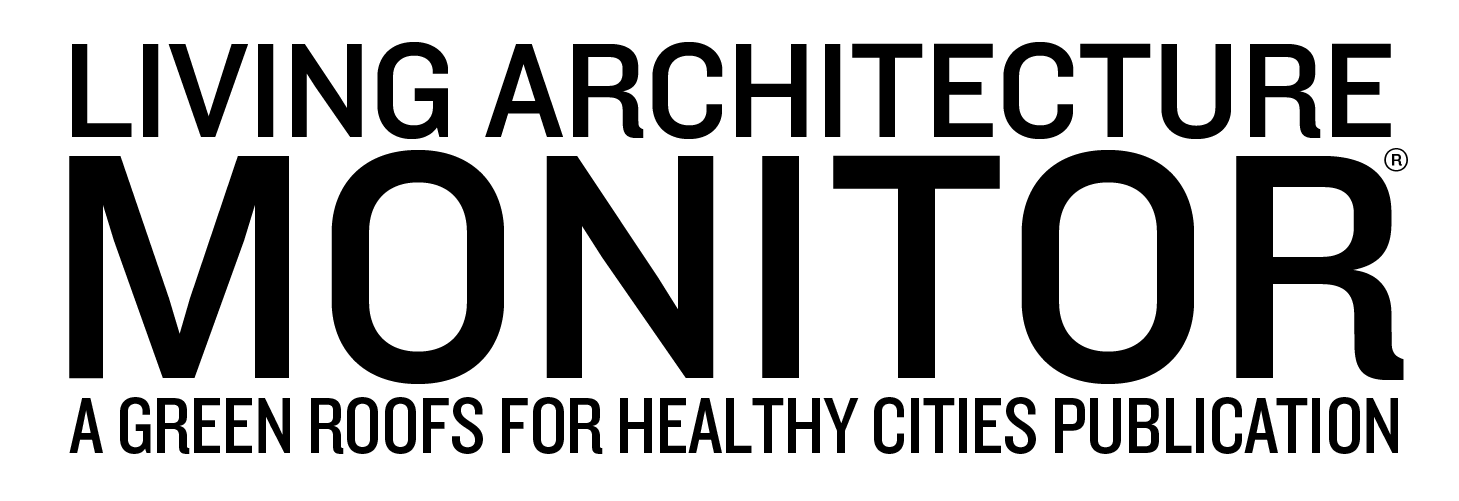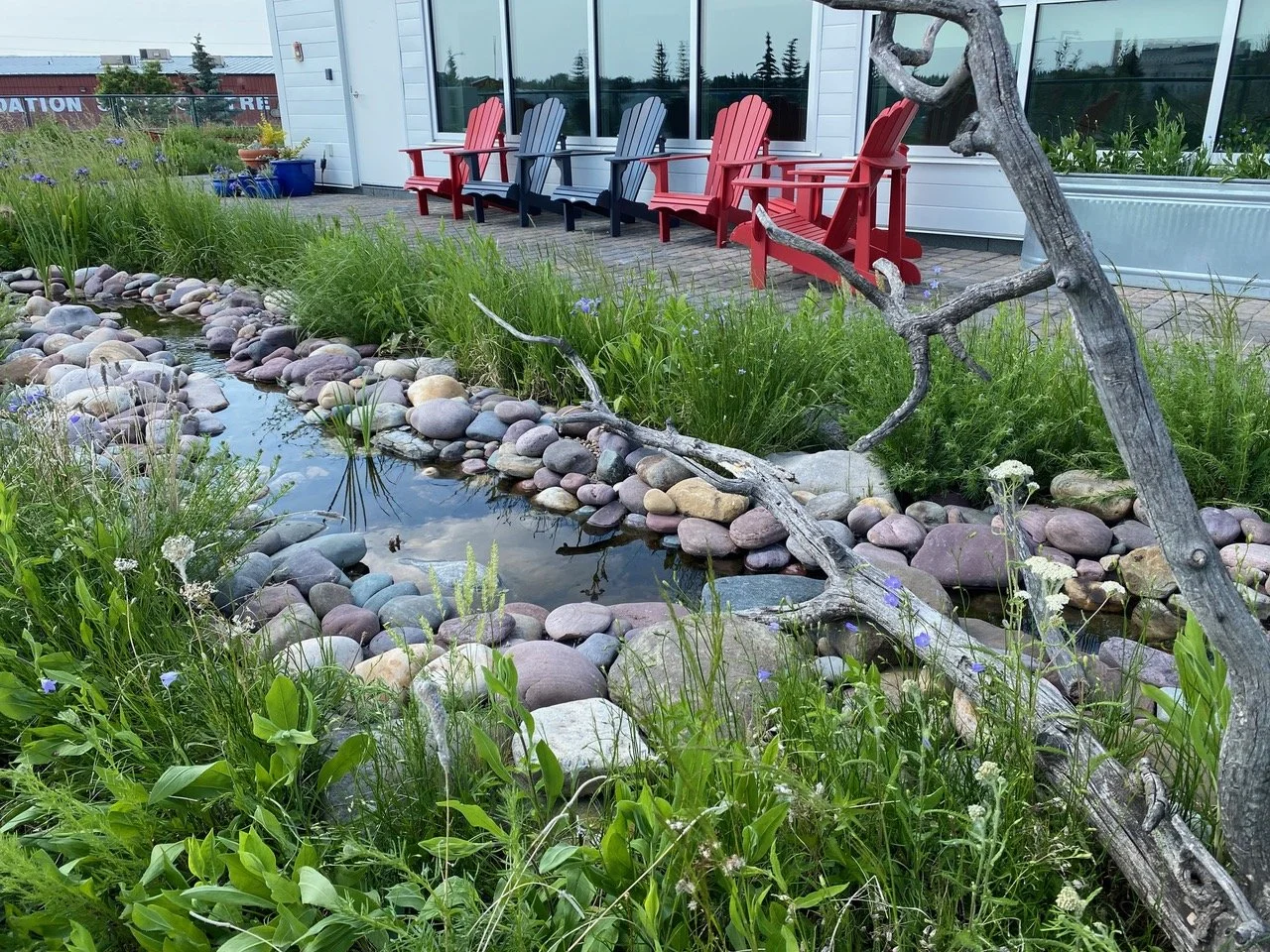Cities Must Protect People From Extreme Heat
Sourced from Nature
Last month’s heatwave shattered temperature records across the western United States and Canada. On 29 June, the Canadian village of Lytton hit nearly 50 °C — an astonishing increase of almost 5 °C on the previous national high. A day later, fire burnt most of Lytton to the ground, killing two people. Elsewhere, the cities of Vancouver, Portland and Seattle saw hundreds of people die during the same three-day heatwave.
As global temperatures rise, the risks from extreme heat — defined as periods when a region’s temperatures are abnormally high compared with the average — are also rising. Heat has always posed a threat to urban living, with heat-absorbing surfaces such as asphalt sending the mercury soaring. But climate change means that heatwaves now happen more frequently and are more intense than in the past. This is one of the most underappreciated hazards of climate change. Researchers say that the Pacific Northwest heatwave, for instance, would have been “virtually impossible” in the absence of human-induced global warming (see go.nature.com/3xatcgw).
And although heat can kill anywhere, the risk is greater in cities. One study presented at a conference last December estimates that people’s exposure to extreme heat in more than 13,000 cities more than doubled between 1983 and 2016. Another study published last year estimated that air temperatures in two cities — Jacobabad in southern Pakistan and Ras Al-Khaimah in the United Arab Emirates — have already passed the human body’s limits of survivability on their hottest and most humid days (C. Raymond et al. Sci. Adv. 6, eaaw1838; 2020).
Climate researchers have long warned that global warming makes heatwaves such as that seen in North America this year much more likely. This means that urban planners must work harder to incorporate extreme heat into climate-adaptation strategies.




